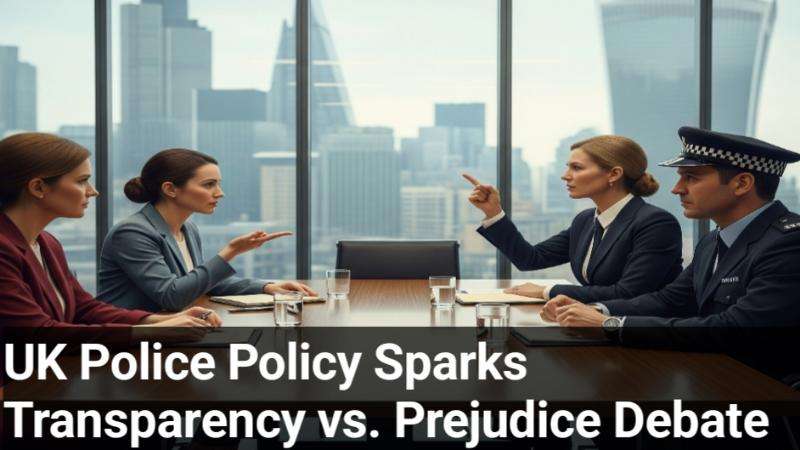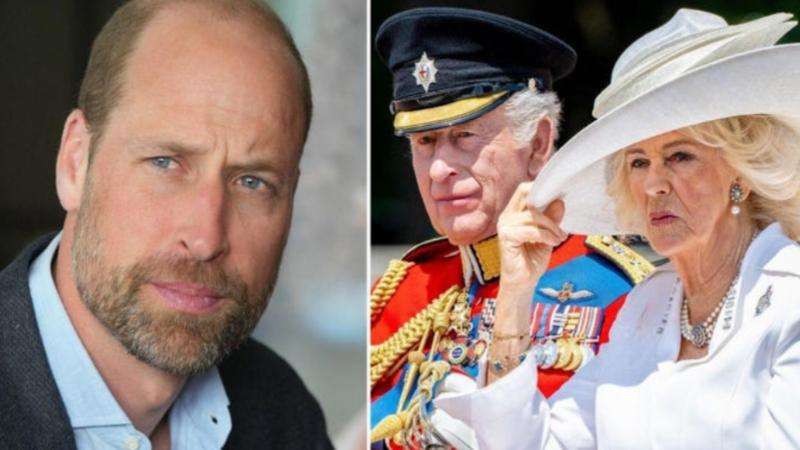A significant shift in UK policing policy is taking effect today, with national guidance now permitting police forces to consider disclosing the ethnicity and nationality of suspects in sensitive, high-profile cases. This move is presented as a way to improve public trust and combat the rapid spread of misinformation, but it has ignited a fierce debate over its potential consequences.
The interim guidance, developed by the National Police Chiefs' Council (NPCC) and the College of Policing in collaboration with the Home Office and the Crown Prosecution Service (CPS), allows for the release of this information only when there is a clear "policing purpose." This could include situations with high levels of disinformation, a need to enhance public safety, or where there is significant public interest. A Home Office spokesperson has confirmed their support, stating they will authorize the release of relevant immigration information when appropriate.
This policy change follows intense public criticism, particularly from figures like Nigel Farage, who have repeatedly accused police of a "cover-up" in cases where the ethnicity or immigration status of suspects was not disclosed. The case of two men charged over the alleged rape of a 12-year-old girl in Nuneaton, who were reported to be Afghan asylum seekers, served as a recent catalyst. The Warwickshire Police initially did not confirm their immigration status, which led to accusations from Farage's party, Reform UK, and subsequent protests.
While the new guidance is framed as a tool for transparency, it is expected to have a complex impact on Black, Asian, and Minority Ethnic (BAME) communities, particularly those of South Asian descent. Anti-racism campaigners, including the Joint Council for the Welfare of Immigrants, have voiced concerns that this guidance could "send a chilling message: that some people are inherently more 'suspect'." For British Indians, Bangladeshis, and Pakistanis, this could lead to heightened scrutiny and the reinforcement of negative stereotypes. The fear is that a few high-profile cases could be used to unfairly stigmatize an entire group, regardless of the fact that the vast majority are law-abiding citizens.
Some also fear that the guidance, intended to counter disinformation, could have the opposite effect. When a suspect's ethnicity is released, it can be easily weaponized by those with anti-immigrant or racist agendas on social media. This can quickly create a "vacuum of facts" filled with dangerous and incorrect narratives, as noted by Deputy Chief Constable Sam de Reya. For South Asian communities, this could lead to a rise in hate incidents and a hostile environment, especially if a suspect’s background is sensationalized.
The new policy may also erode trust in policing. While confidence in local policing is generally high among some Asian groups—according to government data, Indian people have a 73% confidence rate—this new guidance could jeopardize that trust. The perception that police are selectively releasing information to appease political pressure, rather than for a genuine policing purpose, could lead to a breakdown in relationships between law enforcement and minority communities.
The new guidance is an interim measure, and a broader review of the College of Policing's media relations practices is planned for later this year. Chief Constable Sir Andy Marsh, the college's CEO, maintains that officers will continue to police "without fear or favour." However, the true impact of this policy on community relations, particularly for South Asian and BAME groups, will likely be a key focus of future discussions and a matter of ongoing concern for civil rights organizations.
_8.jpg)
_5.jpg)
_8.jpg)





.svg)


